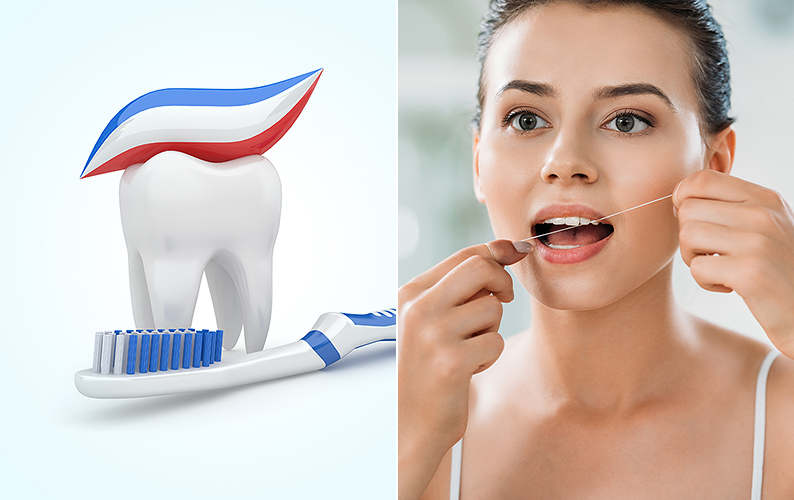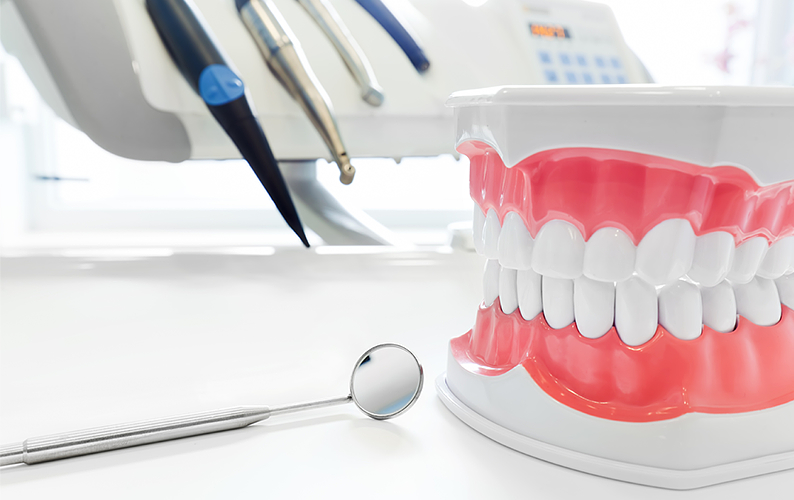Tooth Decay Treatment and Diagnostics in NYC
Dental caries, more widely known as cavities or tooth decay, is the most common health disorder among people after common cold. Caused by bacteria, it begins within 20 minutes after eating once plaque sticks to the teeth. Cavities do not hurt, unless they grow deeply enough to affect the nerve. If left untreated, caries may lead to a tooth abscess, that’s why it has to be detected as early as possible.
At Village Dental Medicine we strongly recommend you pay careful attention to your dental hygiene and arrange regular dental checkups to prevent and discover cavities in the early stages.
Prevention Techniques

Oral hygiene is the major key to cavities prevention. Brushing, flossing and rinsing teeth with mouthwash are basic components of daily dental care. A healthy diet low on sugar is also an essential part of cavities prevention plan. On top of that, regular professional cleaning (prophylaxis) is recommended at least every six months.
Dental Caries Examination

Visual examination is the most commonly used method to detect caries. This is another reason why you need regular dental checkups. Doctor will probe your teeth searching for soft spots and may use x-rays to detect them between your teeth. The earlier tooth decay is discovered, the easier will be the treatment.
Treatment

Treatment depends on how bad the cavity is. Depending on the development stage of caries, doctor will use fillings, crowns or root canals to preserve the tooth. The tooth will be cleaned by removing the decayed material and filled with a substantive material for further normal functioning.
Crowns are used when tooth decay is extensive and structure of tooth is limited. The decayed part of the tooth is removed and a crown is fitted over the remainder of the tooth.
Root canal is used mainly in cases if a tooth nerve dies from decay. In such case, the nerve and pulp (blood vessel tissue) are removed from the tooth and the roots are being filled with a sealing material.
